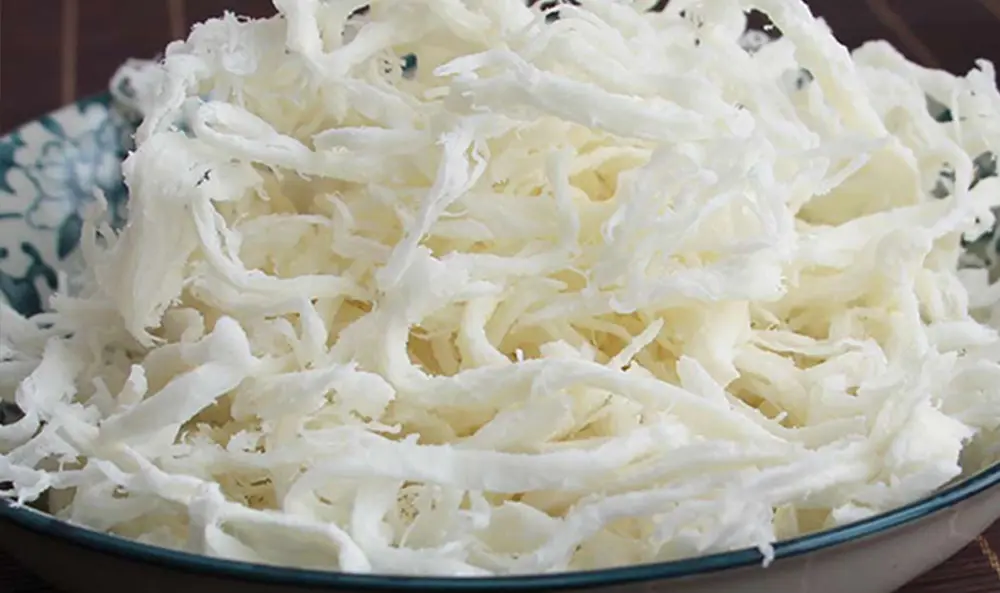Understanding the Nutrients in Shredded Squid
Shredded squid is a popular snack in many parts of the world, especially in East Asia. It is made by shredding dried squid into thin strips, which are then seasoned with various flavors such as salt, sugar, and spices. This savory and chewy snack is not only delicious but also packed with nutritional value.
One of the key nutritional benefits of shredded squid is its high protein content. Protein is essential for building and repairing tissues in the body, making it an important component of a healthy diet. Shredded squid is an excellent source of lean, high-quality protein, making it a great option for those looking to increase their protein intake.
In addition to protein, shredded squid is also a good source of essential vitamins and minerals. It contains significant amounts of vitamin B12, which is important for maintaining healthy nerve function and forming red blood cells. Shredded squid also provides a good dose of vitamin E, an antioxidant that helps protect cells from damage caused by free radicals.
Minerals such as iron and zinc are also found in shredded squid. Iron is crucial for the production of hemoglobin, the protein in red blood cells that carries oxygen to the body's tissues. Zinc plays a role in immune function, wound healing, and DNA synthesis. Including shredded squid in your diet can help ensure that you are getting these important nutrients.
However, it is important to note that shredded squid is also high in sodium, which can be a concern for individuals watching their salt intake. Excessive sodium consumption has been linked to high blood pressure and an increased risk of heart disease. Therefore, it is best to enjoy shredded squid in moderation and be mindful of your overall sodium intake from other sources.
When it comes to calories, shredded squid is relatively low in energy density, meaning that it provides a good amount of nutrients for a relatively low number of calories. This makes it a satisfying and nutritious snack option for those looking to manage their weight or simply make healthier food choices.
In terms of fat content, shredded squid is low in saturated fat and contains some healthy unsaturated fats, particularly omega-3 fatty acids. Omega-3s are known for their heart-healthy benefits, including reducing inflammation and lowering the risk of cardiovascular disease.
In conclusion, shredded squid is a nutritious and flavorful snack that offers a range of important nutrients, including protein, vitamins, and minerals. While it is important to be mindful of its sodium content, incorporating shredded squid into a balanced diet can provide a variety of health benefits. Whether enjoyed on its own or as a topping for salads or rice dishes, shredded squid can be a tasty and nutritious addition to your snacking repertoire.




